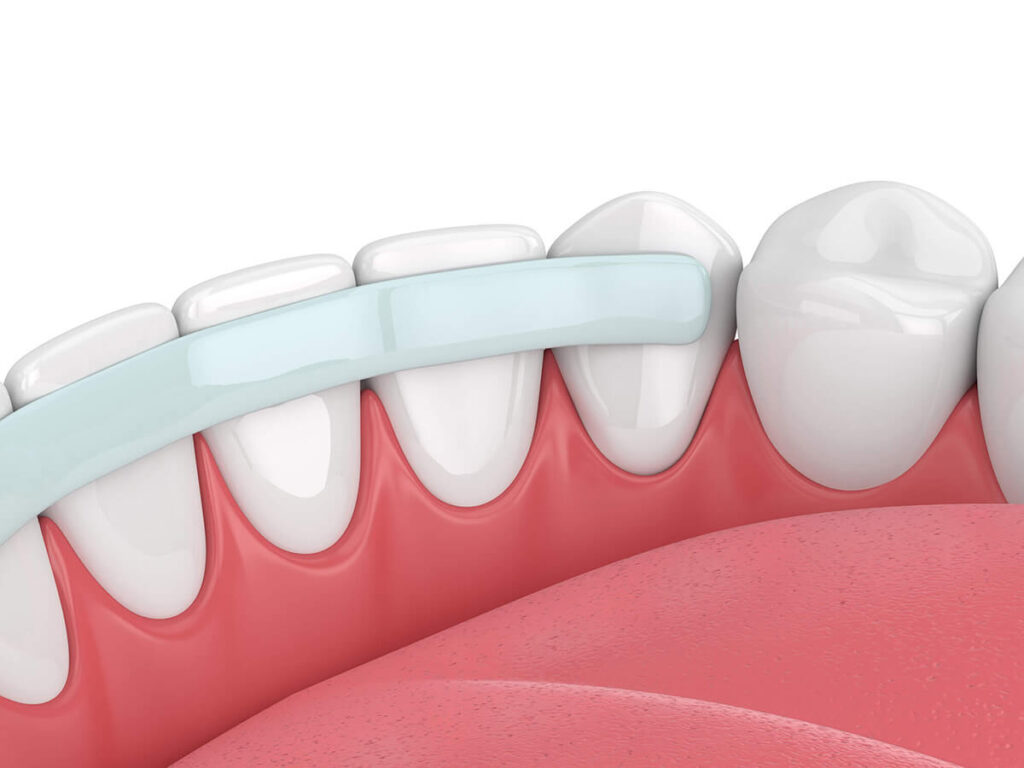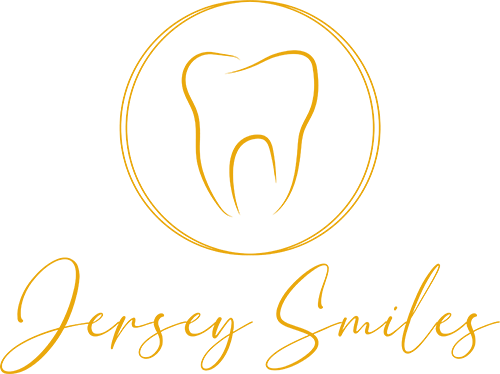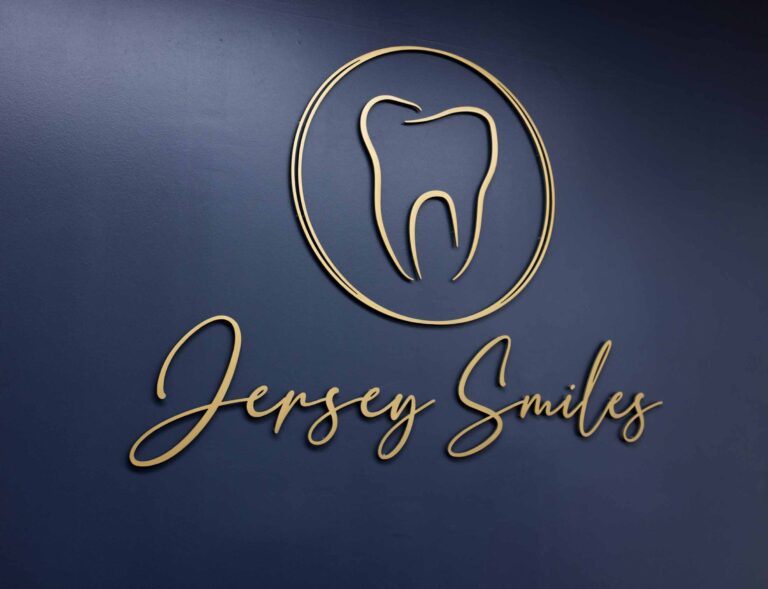Dental Bonding
Dental bonding is an alternative to veneers that can restore chipped, cracked, discolored, or misaligned teeth.
What Is Dental Bonding?
Dental bonding involves preparing the tooth for the procedure by lightly etching the surface and applying a bonding liquid. Once the liquid sets, a plastic resin is applied and sculpted into the desired shape. After the resin sets, it is trimmed, smoothed, and polished to achieve a natural appearance.
Bonding is commonly used to repair or improve the appearance of teeth. It is often used in cosmetic procedures to cover chipped teeth, but it can also serve as an alternative to fillings, to close up spaces, or to fill in gaps.

-
Which one should I get for dental bonding vs. veneers?
When deciding between dental bonding and veneers, it’s important to consider your specific needs. Both treatments repair broken teeth, fill cavities, and enhance the appearance of healthy teeth. Veneers cover the entire front surface of the tooth, while bonding is applied to a smaller area. Both options can help improve your smile and address spacing issues. In most cases, dental bonding is used for emergencies. If you have a cracked or fractured tooth, bonding is the quickest way to repair it, and it can be completed in just one appointment. Bonding is a great option for a quick fix for minor to moderate defects or cavities on your front teeth. Keep in mind that veneers are an alternative solution. Although they require more time and a higher initial investment, they offer a superior, longer-term cosmetic result.
-
What is gum contouring?
Gum contouring is a common procedure for people who are unhappy with their “gummy” smile. It involves removing excess gum tissue and reshaping the teeth to reveal more of the natural teeth.
This is usually a personal decision based on how individuals feel about their gum appearance. Gum contouring or reshaping may be a suitable option if the gums are uneven and cover too much or too little of the teeth.
-
How long does dental bonding last?
Dental bonding lasts less than veneers, but the application should last approximately ten years if you properly care for your teeth. This means avoiding hard candy, ice cubes, and similar substances that can break down and crack the composite material. The length of the application is also affected by the bonded area; for example, an imperfect bite or grinding of your teeth can cause the composite to break down faster.
More Questions?
If you have any questions about dental bonding or want to set up a consultation—contact us today.

